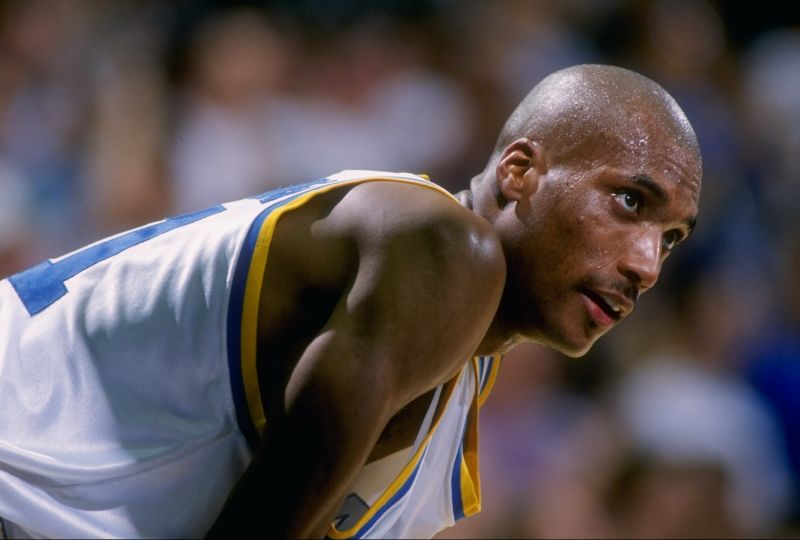"That was a very, very welcome decision from our point," NCAA President Mark Emmert said.
The NCAA in August began allowing its member schools to provide an athletic scholarship that covers the full cost of attending college, though officials say it should not be mandated by the courts.
Big 12 Commissioner Bob Bowlsby said the ruling supports the idea that college athletes are not employees.
"There are elements of this ruling that are either unknown at this point or are things that we would tend to disagree with the court," Bowlsby said. "But in the main I believe this has affirmed the amateur status of collegiate athletes and affirmed these are students, not employees."
The NCAA had appealed U.S. District Judge Claudia Wilken's 2014 decision to allow players in the top division of college football and in Division I men's basketball to be paid. The money would have been put in a trust fund and given to them when they left school.
This does not end the legal challenges facing the NCAA. One case in particular challenges schools' rights to cap compensation to college athletes at the cost of a scholarship.
"I think in a general sense we made progress," Bowlsby said. "I think we now are well-positioned to move ahead with the rest of the challenges that we face."
Wednesday's decision came in a lawsuit filed by former UCLA basketball star Ed O'Bannon and 19 others.
The NCAA was accused of violating antitrust laws by conspiring to block the athletes from getting a share of revenue generated by the use of their images.
The NCAA said paying college athletes would destroy its system of amateurism, and the rules designed to protect that system had never previously been found by courts to violate antitrust law.
NCAA attorney Seth Waxman cited a 1984 U.S. Supreme Court ruling during oral arguments before the 9th Circuit in March. The ruling said athletes must not be paid in order to preserve the character and quality of college athletics.
Plaintiffs' attorney Michael Hausfeld countered that the Supreme Court's comment was made in passing and was not integral to the outcome of that case.

